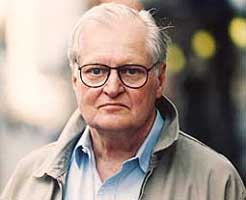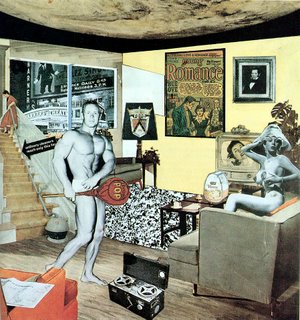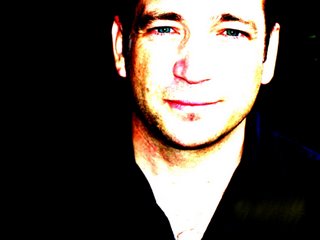On Workshops: Write Better (& Be Original)!
So it seems something like 99 percent of poets these days have gone through the college creative writing workshop . . . and I've heard the "workshop system" talked about for years now, how bad it is, and how great it is.
Where workshops, in general, err, I believe, is in their over-reliance on the directive to “explain more,” when what they really mean to say is “write better,” which, though truthful, is not of very much help. To say “explain more” is an easy way to say something when the poem at hand isn’t working: reveal your thinking. “Explaining” tends to turn poems into little essays. Revealing one’s thinking needn’t be a goal of poetry. The worthwhile experience of poetry should be the goal of poetry. But to say, “give me a fuller experience of poetry” seems too abstract, so people say, “explain more,” as if we were in a math class: show your work. Look at all the great poems around us. How interested are they in explaining more? “Explain more,” I think, is code for “I feel excluded from what’s going on,” which is a response that seems, on the surface, more confrontational than “explain more.” But, as a response, opens the text in ways that might be productive for the author to visit. “Explain” gives the author one option. A more specific response of the reader’s relationship to the text, leaves the author a gamut of responses.
“Show don’t tell” is a similar move. If the poem isn’t working, if what’s being said is what’s always, or already, been said, then to say “show don’t tell” is a way to tell a poet that the poet must add something original. The original doesn’t necessarily need to be a “show” moment, but “show” moments are easier to add than original “tell” moments. To tell a poet to “enact” or “reveal something necessary and original” might be more than a little daunting. It’s much easier, and perhaps friendlier, though at least a bit disingenuous, to say “show don’t tell” and “explain more.” Show: add images. Tell: let us know why you’ve added those images. Show & Tell, would be a better directive. But then there’s the next question of “show what?” And “tell what?” Indeed. Where does “how to write” link up with “what to write about”?
The second classic move (that I've come across anyway) that workshops make is similar, it’s the “find your voice” move. This is actually, I believe, a move that is more daunting than it needs to be. There is no “voice” to find. Telling one to “find” one’s “voice,” is simply an overly packed metaphor for telling poets to put words together in a way that is both strange and pleasing. It’s a way to attempt to counter-balance the overly reductive “explain more” and “show don’t tell” by adding this rather impossible directive, which is that you must study, and work into being, the mystery of the poem, or the poem’s suggestiveness.
How can one go in search of mystery or suggestiveness without it being a rather cynical process of adding tricks and/or allusions to deleted situations? One doesn’t “find one’s voice” by showing. By pointing. One must enact some telling—finding a voice through showing, in the end, becomes heightened showing—either through antic, made-up images, or reductive, over-modified images. Either you’ll end up with mad yaks dandling on the roof, or you’ll have dove-gray hills of peace. In the end, neither is all that helpful. On the one hand is the constant hum of the simply absurd, and on the other is the constant hum of the generalized, abstract projection of the self onto an over-modified landscape. One is relying on bells and whistles, the other is cloying.
What they really mean by all of these directives, I think, is that you have to get to a place in your writing where you have some notion of what is and what is not successfully real and lived in your art. Something like that, anyway? And you have to be able to put words to your experience of language and living, which is your writing. And all of this sounds abstract and impossible, and workshops tend to bend back to their name: WORK and SHOP.
The valuable role of the workshop is to hold you to it. To hold you in a situation where you are forced to live in language in a social context, and to have to say things, and to sit there while things are said. To have you invest yourself with the reductive directives that you must see through, and then know, finally, that there is a bit of something in them, if only a whisper. The move really is one’s own, within the poet.
And then you must find some poets who write poems you admire. And when you do, you must look at what they really do, not at what we or they say about the doing. Think about it. Talk about it with others. And then dive from it into the writing itself.
Anyway, that's what I'm thinking about as I'm getting ready to head to a creative writing class. Let's all wish ourselves luck.




